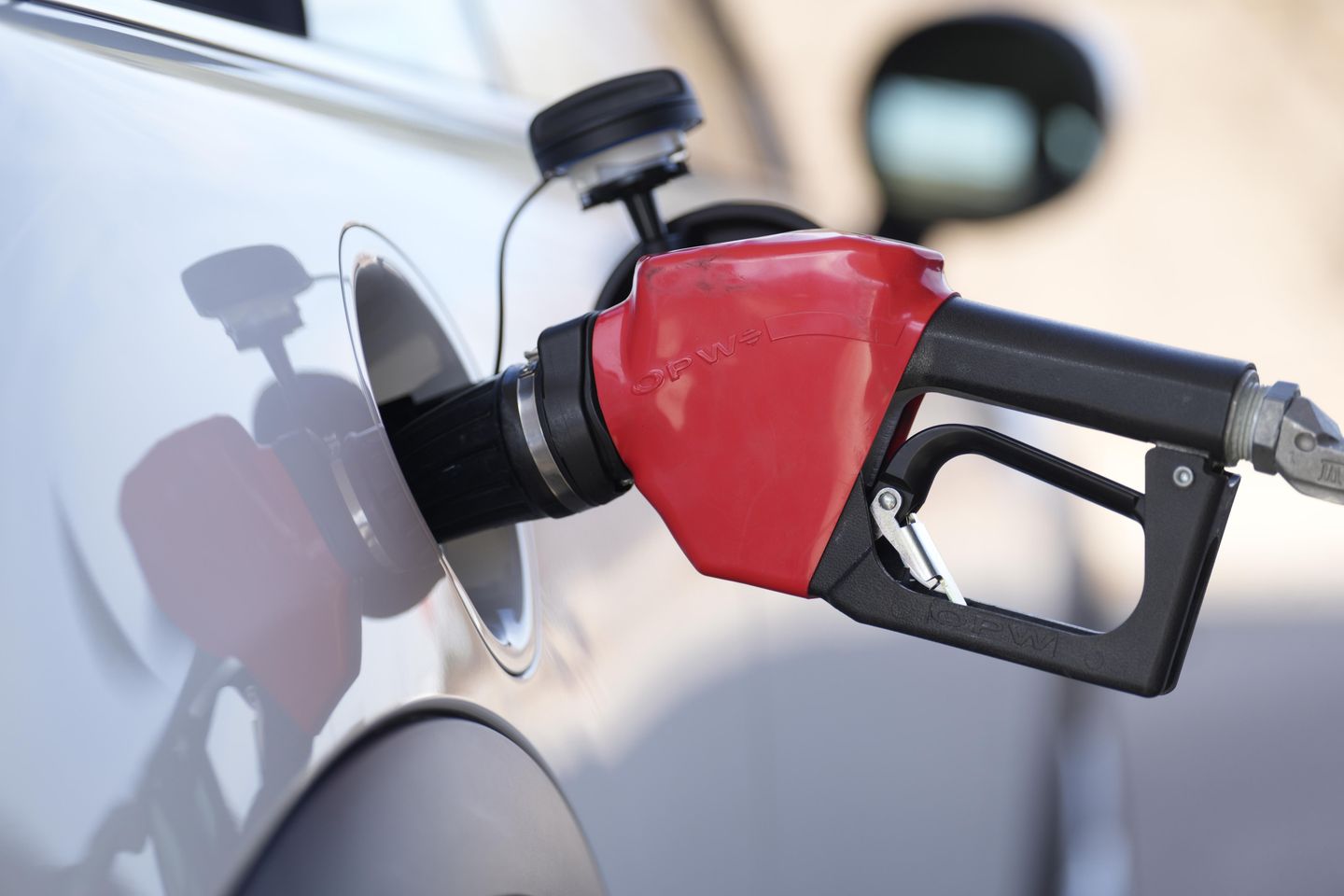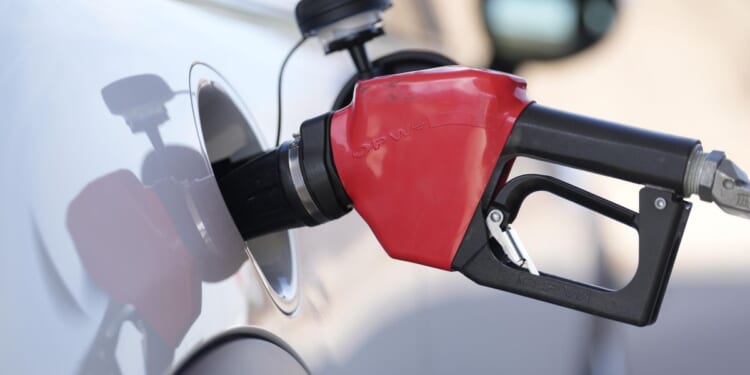
Consumers can breathe a sigh of relief, as gas prices could stay as is during the spring and summer.
After a steady rise since February, the nation’s average price seems to be plateauing, according to GasBuddy, a site that tracks such numbers. The average price fell 1.9 cents from a week ago to the $3.63 that consumers are seeing now.
The national average is up 8.4 cents from a month ago but 4.3 cents per gallon lower than a year ago. The states seeing the highest prices are California at $5.35 per gallon, Hawaii at $4.79 and Washington at $4.64.
Those enjoying the lowest prices are Mississippi at $3.03 per gallon, Oklahoma at $3.06 and Colorado at $3.07, according to GasBuddy.
AAA data shows that the average gas price for the District of Columbia is $3.72.
“With more confidence every day, it appears the spring top is in: Average gas prices have started to cool off in many areas,” Patrick De Haan, head of petroleum analysis at GasBuddy, said in a release. “For now, few Americans need to worry that gas prices are going to skyrocket; the risk appears to be behind us, with relief coming in the weeks ahead.”
Andrew Gross, an AAA spokesman, shared similar sentiments that the current national average “could be the peak until hurricane season is well underway.
“But as always, the wild card will be the cost of oil, so stay tuned.”
Gas prices typically rise if something disrupts refinery operations or pipeline deliveries, according to the U.S. Energy Information Administration.
The highest recorded average price of gasoline was $5.016 in June 2022, AAA recorded.
When President Biden took office in January 2021, gas prices had a national average of $2.4 per gallon, according to the EIA. By December of that year, the average had risen to $3.40.
However, Mr. De Haan told The Washington Times that presidents don’t nearly have as much of an impact on gas prices as consumers think they do.
“The president has a very minimal impact over the global price of oil. Policies that presidents make can often take years to have an impact,” he said. “On the other hand, state governors who often regulate gasoline taxes and local requirements, they may be more impactful in terms of gas prices.
“Overall, the president has not many levers at all to pull when it comes to controlling the price of a global commodity.”
That counters the shots by former President Donald Trump and other Republicans who contend that Mr. Biden’s war on oil has ignited the price rocket at the pump.

